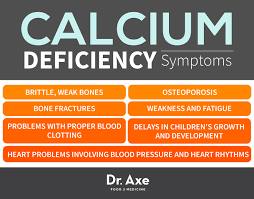Obesity in male effects fertility
Obesity in male effects fertility
Brought to U....http://successgain.us and http://successgain.info
My memories
Obesity in male effects fertility
Posted in 2014
Brought to U....http://successgain.us and http://successgain.info
My memories
Obesity in male effects fertility
Posted in 2014
In men, obesity is also associated with lower fertility. This is likely due to a combination of factors. These include hormone problems, sexual dysfunction and other health conditions linked to obesity such as type 2 diabetes and sleep apnoea (which are both associated with lowered testosterone levels and erectile problems.
It’s estimated carrying an extra 10 kilos reduces male fertility by 10%.
A review of studies on the effects of paternal obesity on reproductive outcomes found obese men were more likely to experience infertility and less likely to have a live birth if they and their partner used assisted reproduction technology (ART) such as IVF.
This is thought to be because obesity not only reduces sperm quality, it also changes the physical and molecular structure of sperm cells.
The good news
While the facts about obesity and fertility can seem daunting, there is some good news too. Weight-loss interventions, particularly those that include both diet and exercise, can promote menstrual cycle regularity and improve the chance of pregnancy. In obese women with anovulatory infertility, even a modest weight loss of 5-10% improves fertility and the chance of conceiving.
My advise
1... A look in the mirror can give you a clue, but to find out if your weight puts you at risk for genitourinary disorders, you need a more precise assessment.
2.. At present, the gold standard is the body mass index, or BMI. You can calculate your BMI by multiplying your weight in pounds by 703 and then dividing by your height in inches squared or by dividing your weight in kilograms by your height in meters squared. Or, if you're like most of us, you can skip the math and use an online calculator
3....The BMI gives a reasonable estimate of overall body fat. A BMI between 25 and 30 puts you in the overweight category, while a reading of 30 or more says you're obese. But the BMI doesn't tell you how your fat is distributed. Scientists know that while no excess body fat is good, abdominal fat is the most harmful variety. So to find out if you are at risk, simply measure your waist at your navel; for men, risk begins to rise at waist circumferences above 37.5 inches, and troubles mount over 40 inches.
4... Follow healthy habits and reduce your obesity to increase your fertility
Brought to U...... http://successgain.info




Comments
Post a Comment